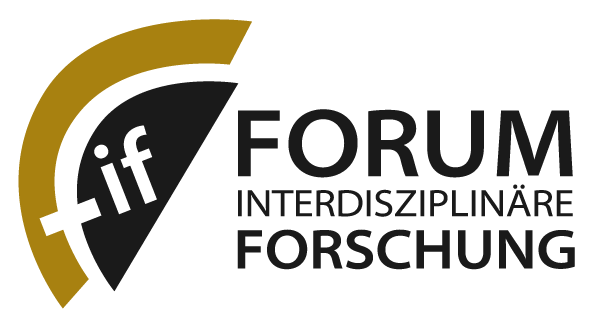FiF-Workshop 2025 The move towards driverless trans-European truck transport
When: 23rd June 2025, 10am to 3pm
Where: Rundeturmstr. 10 , Gebäude S3|20, Raum 18, Friedrich-Ludwig-Weidig-Saal
Speakers:
- Prof. Dr.-Ing. Steven Peters (Institute of automotive engineering)
- Herr Felix Fent, M.Sc. (Chairperson of automotive engineering at TUM)
- Prof. Eva Kaßens-Noor, Ph.D. (Institute for Transportation Planning and Traffic Engineering)
The introduction of driverless trucks in Germany and Europe requires an interdisciplinary view and the close interaction of key players and framework conditions. Truck operators have to accept the vehicles and be able to use them cost-effectively, while infrastructural and vehicle technology developments have to ensure the safe integration of autonomous vehicles into the traffic flow. At the same time, it requires a clear legal framework and specific political measures to reduce regulatory obstacles and create sustainable incentives for its implementation. A systematic and coordinated strategy is essential in order to utilise the economic, ecological and transport-related potential of autonomous trucks in an efficient manner.
This workshop aims to bring different stakeholders together and to develop a strategy together.
Registration eveeno
About the workshop ‘On the move? The road to driverless trans-European truck transport’ on 23 June 2025
The workshop, conducted by Steven Peters and Eva Kaßens-Noor and their respective institutes in cooperation with FiF, brought together stakeholders from various disciplines and industry in Darmstadt.
The short presentations by Steven Peters, Eva Kaßens-Noor and Felix Fent (TUM) and the subsequent discussions focused on fundamental questions of technology and its application: Where do we stand and where do we want to go – in Germany and in Europe? How can we ensure technological excellence and sovereignty in Europe? European solutions are urgently needed, especially when it comes to uniform liability law. Questions of responsibility and the delegation of responsibility, e.g. in load securing, also need to be addressed. Last but not least, there are economic considerations: How economical is the use of this technology? The current fragmentation is a problem in this respect, and a uniform European legal framework is desirable.
But the infrastructural requirements for autonomous driving also need to be addressed: How does refuelling work in driverless vehicles? For which industries or application scenarios are driverless trucks particularly suitable? What influence do driverless trucks have on traffic flow and traffic behaviour – and how can this be organised across national borders?
The important and intensive interdisciplinary exchange that took place in such an impressive manner during this workshop will certainly be continued. In Darmstadt and beyond.

























